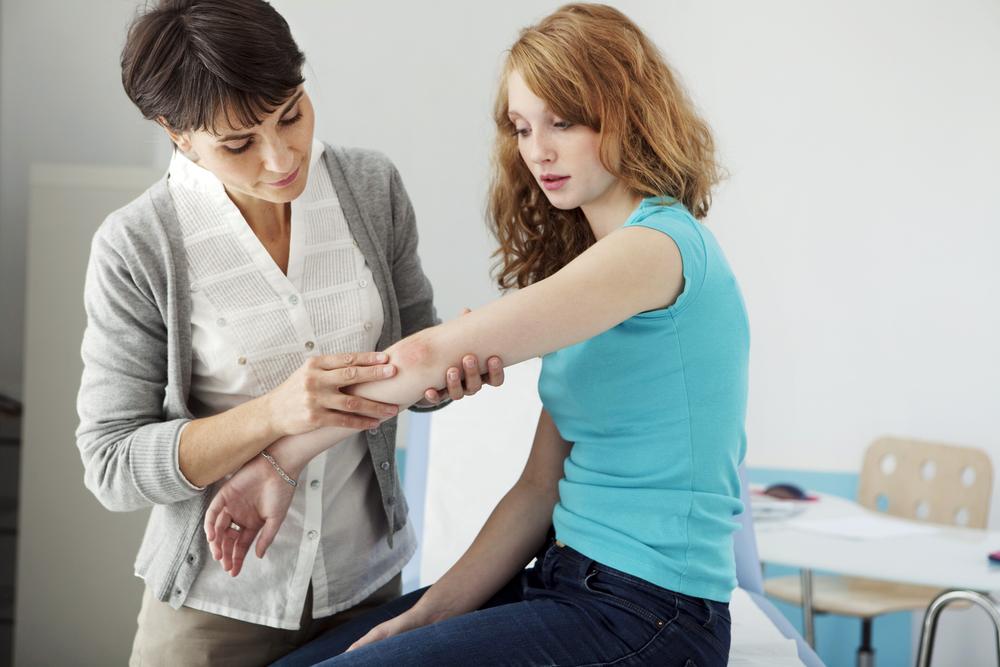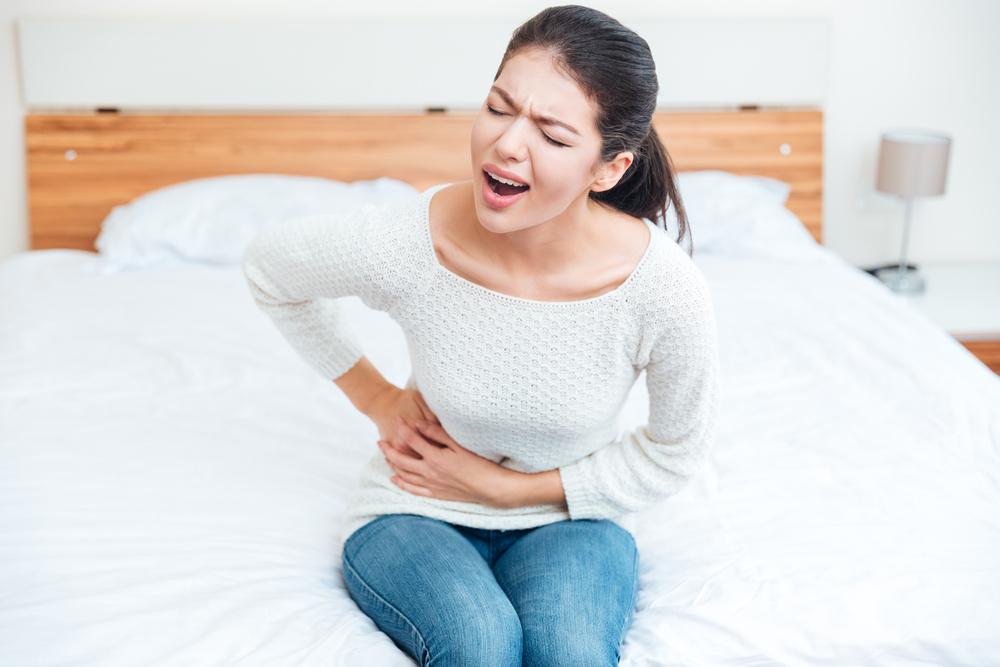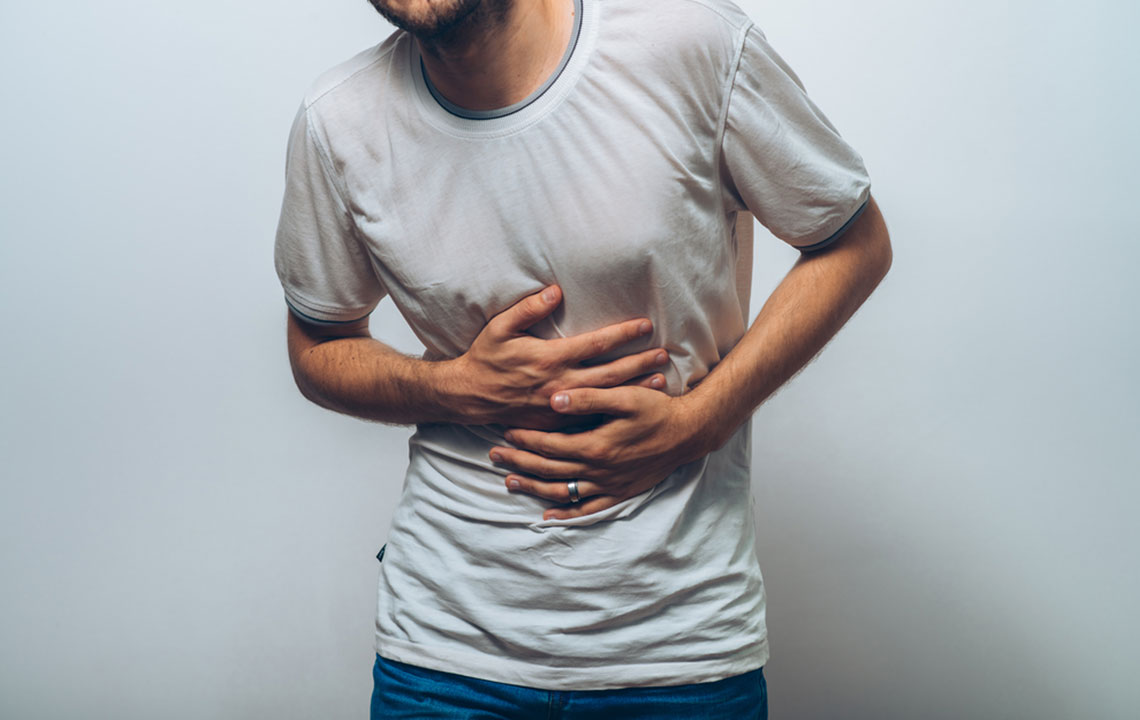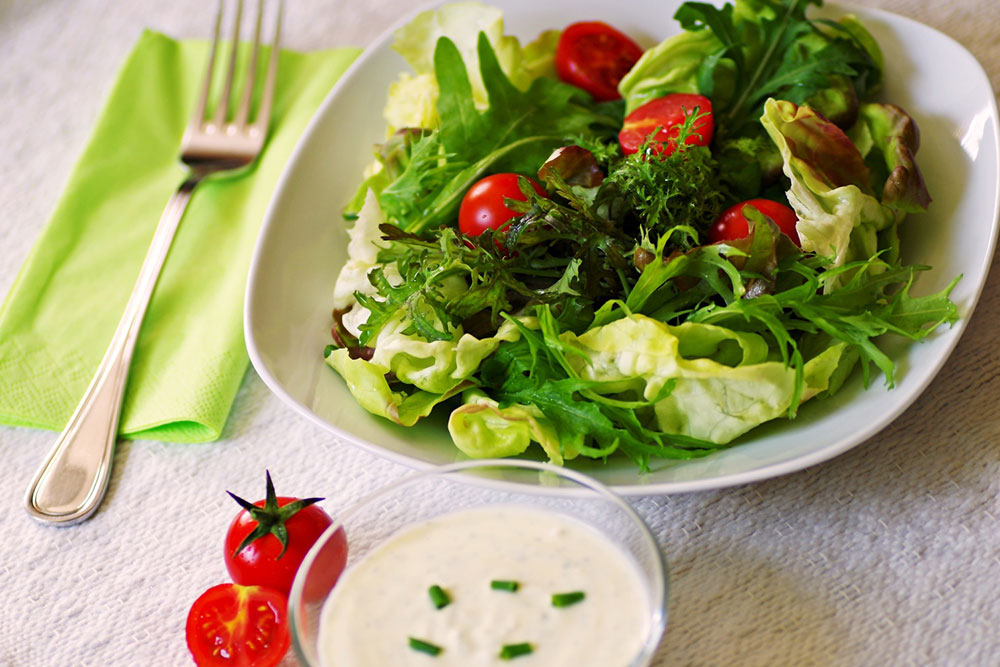Significant things you need to know about the diverticulosis diet
Diet plays a crucial role in alleviating the pain and discomfort caused by diverticulitis. So apart from seeking medical intervention, you should also strive to improve your dietary habits for long term results. Although the main reason for diverticulitis is not known, several research projects conclude that a low-fiber diet might be responsible for it. This is because fiber encourages movement in the digestive tract facilitating smooth elimination of stools.
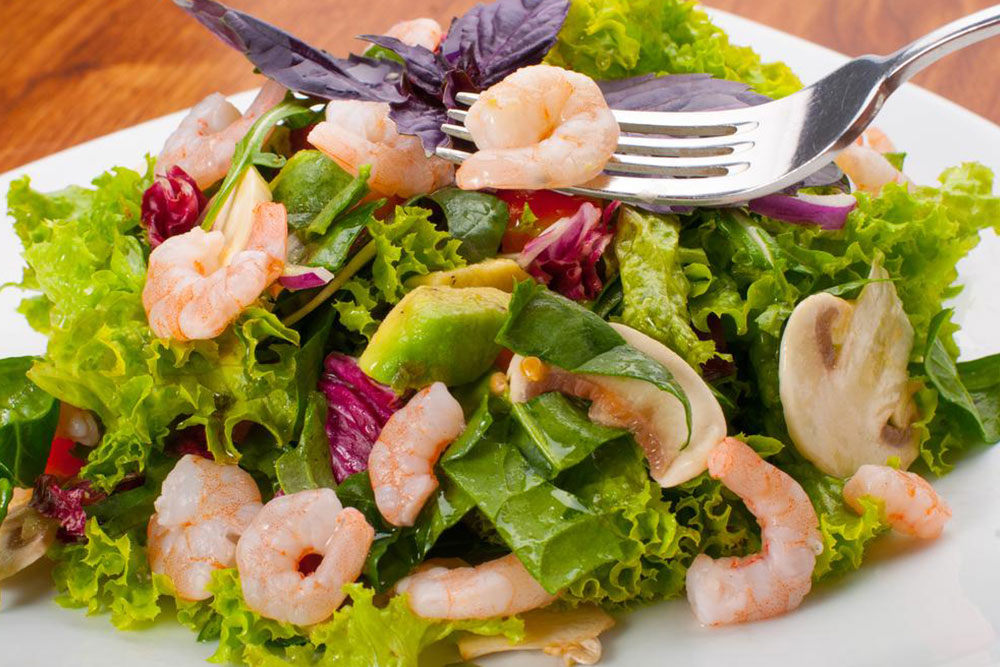
Depending on the intensity of your diverticulitis symptoms, your general practitioner will recommend you with the most viable diet sheet for diverticulitis as well as medications. Your diverticulosis diet can include two approaches, i.e., a liquid diet or a high fiber diet. Not just for alleviating diverticulitis symptoms, these diets can help you maintain a healthy gut on an overall level.
Liquid diet
When you are tackling with severe diverticulitis symptoms such as chronic abdominal pain or bleeding while having bowel movements, then your doctor might suggest you with a liquid diet. A liquid diverticulosis diet will help ease the strain on the digestive system. When your condition improves, you can slowly integrate your liquid diet with a low fiber food regime. Usually the liquid diet comprises broths, soups, fruits purees or juices, water, ice pops, tea without dairy products or sugar, gelatin, etc. You can then gradually add low fiber foods such as dairy products, white rice, seafood, eggs, potatoes, cereals, etc.
Fiber rich diet
A diverticulosis diet which is loaded with high fiber content is a great solution for people dealing with mild diverticulitis symptoms. Using this type of food regime will relax the stools by adding bulk to them, leading to easy elimination. Some of the popular fiber rich foods are spinach, apples, almonds, peanuts, Brussel sprouts, lentils, beans, wholegrain baked goods, prunes, etc. If you have recently recovered from the serious diverticulitis symptoms, then you can slowly get back to this regular diet. Although, ensure that you seek your GP’s advice before making any important changes.
It cannot be denied that seeking the assistance of prescribed drugs will yield effective and faster results. However, these might only work momentarily, so meticulously follow a diverticulosis diet so that you could evade this condition once and for all. To prevent diverticulitis from relapsing you should also give up smoking, control your weight and exercise regularly. Also make sure that you develop healthy bathroom habits and respond to bowel movements immediately.
